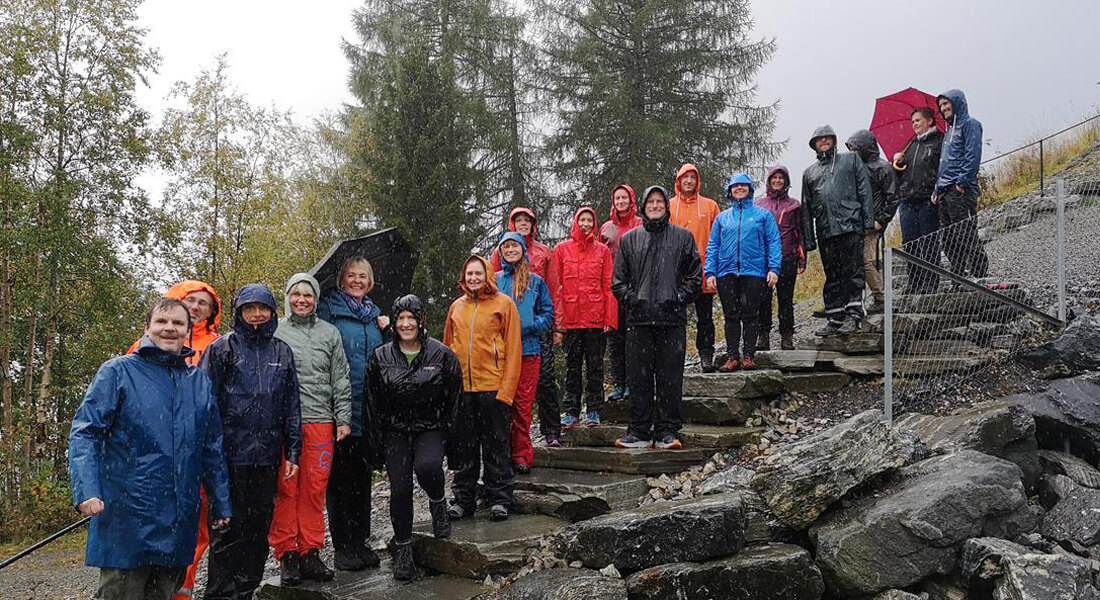Climate Change Resilience in Small Communities in the Nordic Countries (CliCNord)

By Rico Kongsager, Associate Professor at the University College Copenhagen
Often there are areas on the outskirts of a country where emergency response is rudimentary, located far from major cities, and where critical infrastructure is vulnerable to these types of events. This is first and foremost untenable/indefensible for the citizens; however, authorities with emergency management responsibility need new methods in order to support the communities in their own efforts to build capacity, since the fire and rescue services do not necessarily have the capacity to carry out search and rescue operations as they are expected to in the future. One of the many challenges, besides the violent and devastating events themselves, is that the areas can also be threatened with relocation if the locals are unable to cope with the rising threats of climate change – this is critical for the Nordic societies in general.
The Climate Change Resilience in Small Communities in the Nordic Countries project (CliCNord) will examine how the small rural communities in the selected areas understand their own situation, how they handle adverse events and build capacity, and under what circumstances they need help from the established system and civil society organizations. Against this background, a framework will be developed that can be disseminated to other vulnerable communities and authorities with responsibility for ensuring safety and adequate capacity for climate change resilience. The framework will enable both the small communities and the authorities to work together on tasks concerning prevention, preparedness, response, and recovery – all phases needed to secure communities against hazardous events. The project period is 2021-2024.
CliCNord will include several very different hazards affecting local communities across the Nordic countries. The hazards, that are regarded as a direct consequence of climate change, are coastal flooding due to storm surges, cloudbursts, wildfires, temperature extremes, landslides, slush avalanches, flash floods, and storms. There are in total eight cases in five countries (Denmark, Sweden, Norway, Iceland, and the Faroe Islands). The project takes its point of departure in disaster cycle management, and the methodologies are predominantly qualitative and inspired by social science.
The CliCNord consortium brings together the expertise of 6 Nordic research institutions. All CliCNord associated research partners have strong research competencies in disaster risk studies and an international level of expertise, and all are highly experienced in the dissemination, application, and communication of the results from large-scale research projects, which will ensure the effectiveness of CliCNord project results among relevant stakeholders. CliCNord includes cases from Denmark, Iceland, Norway, Sweden, and the autonomous region of the Faroe Islands, and will all be investigated by research teams located in each country. The partners are: 1) University College Copenhagen (UCC) - Emergency and Risk Management Programme, 2) RISE Research Institutes of Sweden (RISE) - Department of the Fire Research Dynamics, 3) Lund University (LU) - Centre for Sustainability Studies, 4) Norwegian University of Science and Technology (NTNU) - Centre for Energy, Climate and the Environment, 5) Arctic University of Norway (UiT) - Department of Technology and Safety, and 6) University Centre of the Westfjords (UW) - Coastal Communities and Regional Development Program

|
Read more at CliCNord’s website |
| This project has received funding from the NordForsk Nordic Societal Security Programme under Grant Agreement No. 97229 |
| Publications and other material |
